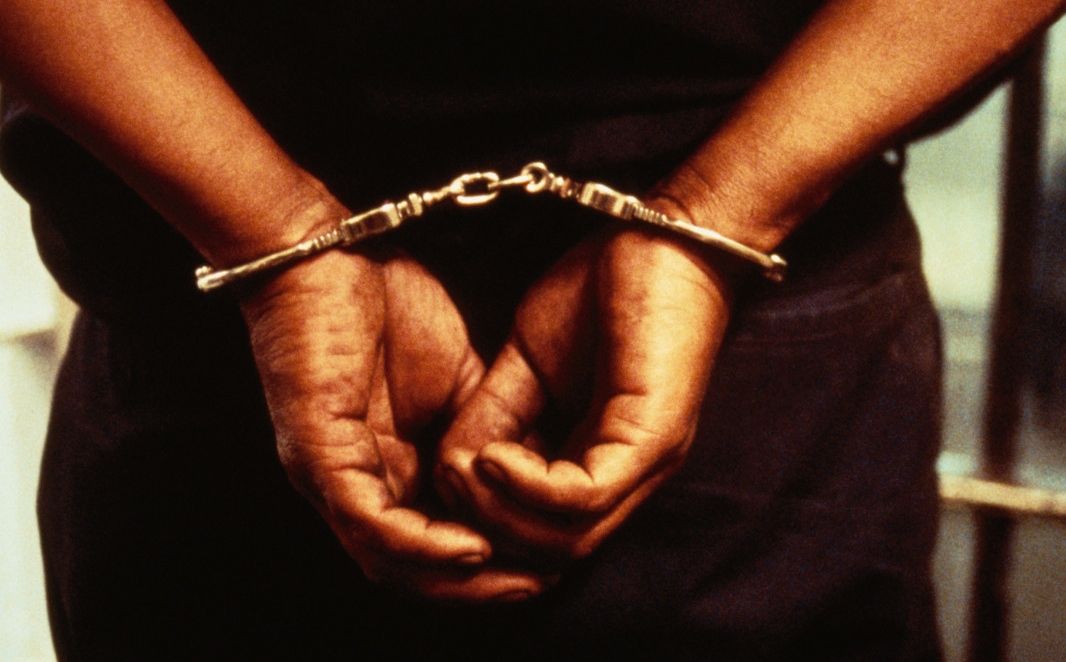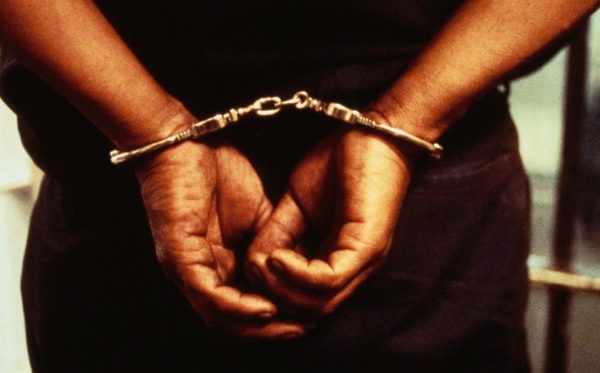How do you prove the offence of Rape?
In the case of POSU & ANOR v. THE STATE (2011) 3 NWLR 393, the Nigerian Supreme Court itemized the requirements for the proof of rape when the court held as follows:
“In a charge of rape or unlawful carnal knowledge of a female without her consent, it is the duty of the prosecution to prove the following –
(a) That the accused had sexual intercourse with the prosecutrix(the victim).
Read more about the Law and You
(b) That the act of sexual intercourse was done without her consent or that the consent was obtained by fraud, force, threat, intimidation, deceit or impersonation.
(c) That the prosecutrix was not the wife of the accused.
(d) That the accused had the mens rea, the intention to have sexual intercourse with the prosecutrix without her consent or that the accused acted recklessly not caring whether the prosecutrix consented or not.
(e) That there was penetration.”
Intrinsic with the issue of the proof of rape is the knotty issue of corroboration. Corroboration simply means confirming or giving support to either a person, statement or faith. See Popoola vs State(2011) LPELR-4860(CA).
The requirement of corroboration was a specific requirement of the provisions of section 179(5) of the repealed Evidence Act of 2004 which provided that a person cannot be convicted of the offence mentioned in section 218(defilement)….. of the Criminal Code Act upon the uncorroborated testimony of one person (note that the Criminal Code Act applies only to some Southern Nigerian states that do not have their own individual criminal laws). It is worthy of note that the above requirement in the aforesaid section was expunged from the Evidence Act of 2011 although it is still left under the aforesaid section 218 of the Criminal Code Act.
Is corroboration still a necessary ingredient to prove the offence of rape? It is opined, at least for states where both the criminal code and penal code are not applicable, that this is no longer a necessary requirement in view of the expunged section 179(5) of the former Evidence Act from the new Evidence Act of 2011.
Sign up to the Connect Nigeria daily newsletter
A careful perusal of Chapter 25 of the Criminal Law of Lagos, dealing on sexual offences, does not in any way state the need for requirement of corroboration of testimony before a conviction can be made. Where same is not expressly stated under the substantive and procedural laws of a jurisdiction, then the probative evidence of a single witness suffices. See the case of Mohammed v. State (1991) 5 NWLR (Pt.192) 438 where the Supreme Court held as follows:
Thus unless corroboration is required by law, the evidence of a single witness of the right probative value has always been accepted as sufficient proof for the offence as charged.”
What is the punishment for Rape?
Under section 260(1) of the Criminal Law of Lagos 2015, the punishment for rape is a term of life imprisonment. Under Section 358 of the Criminal Code Act which prescribes the same term of life imprisonment, the life imprisonment could be with caning or without caning. Under section 1(2) of the Violence Against Person(Prohibition) Act 2015, where the offender is less than 14 years of age, the punishment for him or her is a term of imprisonment for 14 years. In all other cases, to a minimum of 12 years imprisonment and where it is gang rape, the offenders are liable to a minimum term of 20 years imprisonment. The court is also mandated to award appropriate compensation to the victim of rape, while a register for convicted offenders shall also be maintained for public access.
Theophilus Orumor Esq.
The Law House.
Featured Image Source: Ebony Magazine
Got a suggestion? Contact us: editor at connectnigeria dot com


